Introduction
The University of Curacao is the national university of Curacao, dedicated to cultivating highly qualified and professional talents for the local and surrounding areas, and promoting social and economic development.
Overview
Number of students and faculty: 2,045 undergraduates, 70 postgraduates, 4 academic staff, 80 administrative staff.
Location: Willemstad, Curacao.
History and establishment
Its history dates back to 1970, when the Netherlands Antilles Law School was established by national decree to prepare students for the Antilles Law Bachelor's Examination. In 1974, after the addition of a business administration degree program, the Law School was renamed the Netherlands Antilles College. In 1977, the Department of Business Administration was expanded to the Department of Business Administration and Public Administration, where students can obtain a bachelor's degree in public administration. On January 12, 1979, according to national decree, the Netherlands Antilles Institute of Technology was transformed into an engineering college, and the University of the Netherlands Antilles was officially established. In 2011, the University of the Netherlands Antilles was renamed the University of Curaçao.
School Strength
Faculty: With 4 academic staff and 80 administrative staff, although the scale is relatively small, the faculty has professional knowledge and teaching experience, and can provide students with high-quality education and guidance.
Teaching quality: The quality and level of the courses provided by the school are comparable to those in the Netherlands, and all courses are approved by the Netherlands - Accreditation by the Flemish Accreditation Organization (NVAO) ensures the quality of education and the recognition of degrees.
Nature of the institution
The University of Curaçao is a public university.
Educational philosophy
Committed to cultivating talents with extensive knowledge and professional skills, providing students with comprehensive education so that they can adapt to the needs of society and the workplace.
Focusing on flexibility and personalized teaching, according to the different backgrounds and needs of students, formulate appropriate study plans and guidance programs for them to help students fully realize their potential.
Emphasizing innovation and knowledge sharing, encouraging teachers and students to actively explore and innovate in the academic field, promote the dissemination and application of knowledge, and promote social and economic development.
Key laboratories and disciplines
Key disciplines: Law, engineering, social sciences and economics, arts and other disciplines are the key disciplines of the school, covering multiple professional directions, providing students with a wealth of choices.
Discipline advantages: The law major has cultivated many The school has a large number of legal professionals, providing strong support for the local judicial and legal industries; the engineering major focuses on the cultivation of practical ability, and students play an important role in the fields of construction, electrical engineering, industrial technology, etc. after graduation; the social science and economics major cultivates professionals with knowledge and skills in management, finance, human resources, etc. for social and economic development.
Department
The school has a law school, a school of engineering, a school of social sciences and economics, a school of art, a school of social and behavioral research, and other departments. Each department provides undergraduate and master's courses.
Ranking
The specific ranking of the school in the comprehensive ranking of internationally renowned universities has not been found, but as a national university in Curacao, it has an important educational status in the local area and the Dutch Caribbean.
Expenses
The specific tuition standards of the school have not been found, but as a public university, its tuition is relatively reasonable, and may vary according to different majors and courses.
Campus
Teaching facilities: The campus is equipped with modern teaching facilities, including teaching buildings, libraries, laboratories, computer centers, etc., providing students with a good learning environment. The library has a rich collection of professional books and academic journals in various disciplines. It also provides electronic resource retrieval services to facilitate students to access information and conduct research.
Learning atmosphere: The school focuses on creating a positive learning atmosphere and encourages students to participate in academic activities and community organizations. Students can participate in various academic lectures, seminars, competitions and other activities to broaden their knowledge and improve their comprehensive quality. In addition, the school also has a number of student clubs covering multiple fields such as culture, art, sports, and public welfare, providing students with a colorful extracurricular life and promoting communication and cooperation among students.
-
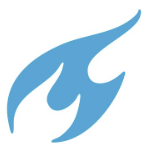
Delft University of Technology
-
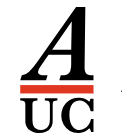
Amsterdam University College
-

University of Amsterdam
-

TIAS School for Business and Society
-
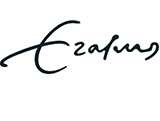
Erasmus University Rotterdam
-
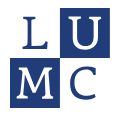
Leiden University Medical Center
-
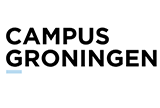
University Medical Center Groningen
-
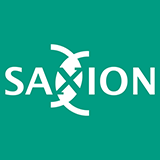
Saxion University of Applied Sciences
-
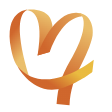
Academic Hospital Maastricht
-

Wageningen University and Research Centre
-

Mesoamerican University
-

Istmo University
-

Mariano Galvez University of Guatemala
-

Regional University of Guatemala
-

Galileo University
-

Francisco Marroquín University
-

Rafael Landívar University
-

University of the Valley of Guatemala
-

University of San Carlos of Guatemala
-

Technological Institute of Tlaxcala Plateau
-

Golfo University
-

Technological University of South Sonora
-

Technological University of Huejotzingo
-

Tizimín Institute of Technology
-

Chilpancingo Institute of Technology

